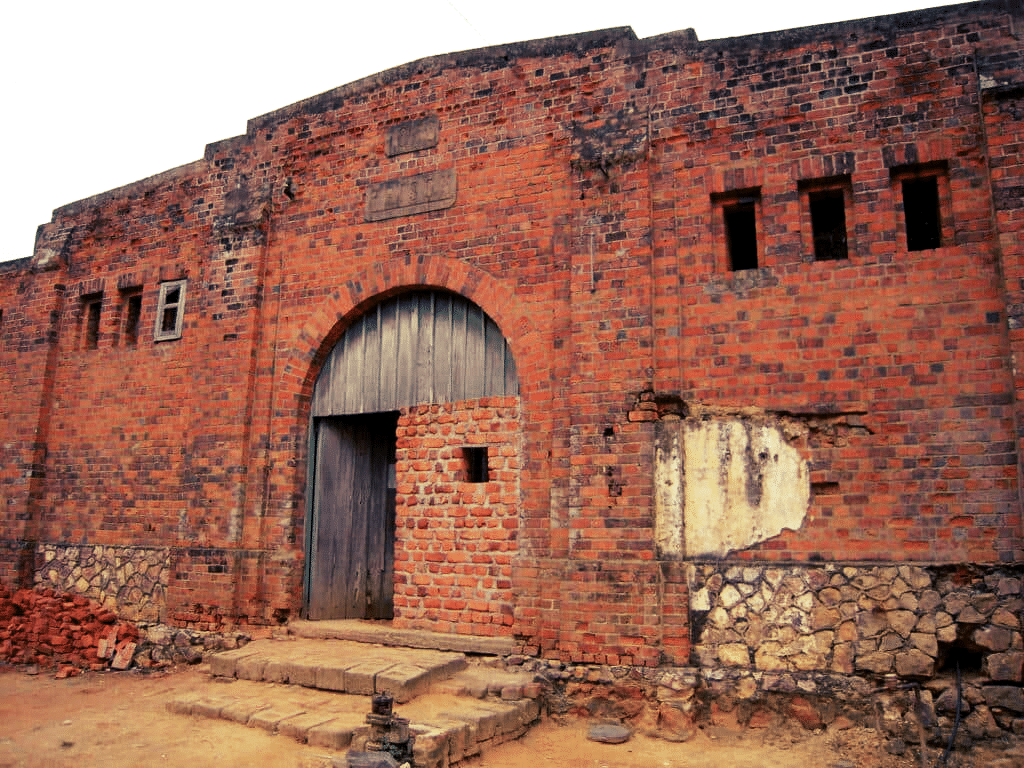
This article is part of ASF’s 2022 annual report.
In December 2022, according to official figures provided by the prison administration, the prison population in the 142 prisons in the Democratic Republic of Congo (DRC) totalled 44,536. People incarcerated in the DRC are victims of serious violations of their fundamental rights, in particular those relating to respect for procedural guarantees and the right to dignified conditions of detention that comply with international standards. Around 70% of them are awaiting trial. In 4 of the country’s main central prisons (Kinshasa, Goma, Matadi and Mbuji-Mayi), the average overcrowding rate is 720%.
This alarming level of overcrowding in detention centres can be explained by the abusive use of preventive detention, slowness and administrative obstacles, structural dysfunctions in the country’s judicial, penitentiary and security systems, the absence of a legal aid system guaranteeing access to a lawyer, the lack of qualified staff, an insufficient budget and too limited access to bail.
These structural dysfunctions disproportionately affect people in vulnerable situations, particularly those in vulnerable socio-economic situations.
In response, ASF, in partnership with local partners, is strengthening access to justice for the most vulnerable populations in detention in the DRC. In 2022, ASF worked in close collaboration with the Bar Associations and civil society organisations active in the prison environment, and intervened in 8 central prisons in 6 provinces (Kinshasa, Ituri, Kongo Central, Kasaï, Kasaï Oriental, and Nord Kivu).
- 1,820 detainees were identified, met and referred to the appropriate services during prison monitoring visits.
- ASF and its partners guaranteed access to first-line legal aid (via free legal consultations offered by the Bureaux de Consultation Gratuites des Barreaux) to 3,511 people in detention.
- 2,162 adult detainees and children in situations of placement in penitentiary centres received free legal assistance from a lawyer and 19 people in serious situations of vulnerability and/or psycho-medico-social vulnerability received psychosocial support after their release.
- ASF’s interventions provided capacity building and technical support to 92 lawyers and monitors in Congolese prisons.
However, the scope of ASF and its partners’ intervention remains limited given the structural nature and magnitude of the problem of prison overcrowding in the DRC. Coordinated institutional reforms are necessary. These include the need to put in place effective and credible control and accountability mechanisms, as well as to offer complementary multi-sector services to detainees. ASF and its partners are raising awareness in order to promote extra-judicial conflict resolution mechanisms and the use of local justice mechanisms to deal with minor or benign offences in order to combat the endemic prison overcrowding in the DRC.



